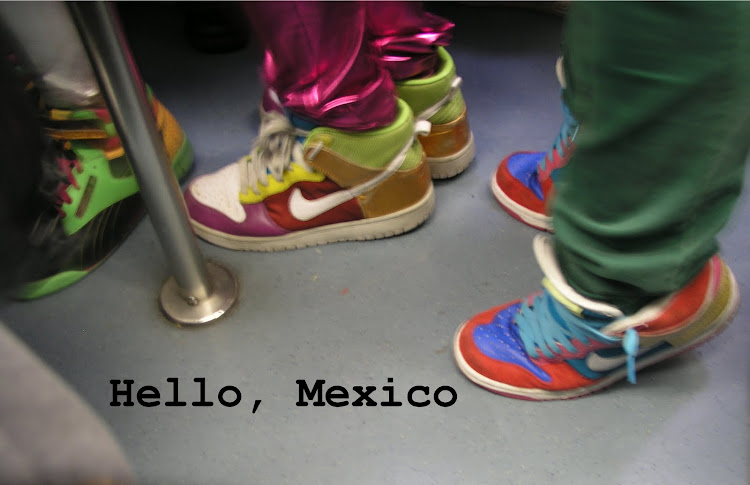What I'm referring to is the bandwagon effect.
Last week, an MSU student allegedly made threats to other students through text messages and e-mails. We got a press release from Mankato police about the incident, alleging that the student was also pulling fire alarms and that threats and alarm activations were allegedly connected.
On the press release was his name, age and hometown. At first, I thought it wouldn't have been a problem printing the name. After all, he was facing charges of terroristic threats. But notice "facing," not charged -- yet. Is it fair to use suspects' names if they haven't been charged yet, risking their reputation and perhaps your credibility? And what benefits are there to naming suspects in a story? What happens if you say that so and so is facing charges of sexual assault, for example, and it turns out a week later that he's not guilty? Putting a story that he faces charges will probably receive more attention than the follow-up story that says judges ruled him innocent. How has his reputation been smeared in that week, and how does the credibility of your journalism and paper look if you allege that someone is guilty before ruled as such?
It's certainly a gray area. In some instances it would be suitable. I think in a high-profile case involving someone of importance, or something that would affect many people, there's no doubt that printing the name is a problem.
I thought about it more, and after consulting with Ellen and John, we came to the conclusion that it wasn't worth printing the name. After all, the county attorney said charges were still pending, and I never heard back from the commander on duty.
By 6 p.m., his name was public information. KEYC TV ran the story and his name. The next day, MSU had a brief on its home page, with a link to the page of the police report. But the Reporter, being likely the most widely read and seen medium by MSU students, withheld his name. Even if he was guilty, I didn't feel confident in publishing something I wasn't 100 percent sure. I'd rather be safe than sorry, and that might mean withholding information. In this case, I didn't see a disadvantage to waiting to publish the name. As journalists, we owe responsibility to those who we write about to be fair and accurate. If I were this guy, and I was in jail awaiting charges, would I want someone accusing me of being culpable if I weren't guilty? Absolutely not.
At the same time, it's not the responsibility of journalists to be an advocate or attorney of their subjects. Objectivity is valued and important.
So did KEYC overstep their responsibilities as journalists? What happens if the charges are acquitted? Will there be a follow up? I think it's especially important to be careful if the story is published online. Even if it is posted online and then retracted, other news organizations may have already taken the story, or distributed elsewhere, and how do you retract something you don't have access to? That information -- and reputation and perception -- will linger for who knows how long. I don't think it's bad to be hesitant to run something that could have the possibility to damage you or someone's reputation.
At one point on Wednesday, I thought it would be ok to run the story; if KEYC already released the name, then the Reporter could too. But as mom says, "If your friend jumped off a bridge, would you, too?" Does the fact that another media outlet releases information automatically make it acceptable for other organizations to do so? Who sets the standard?
The bandwagon effect was evident after Rissa Amen-Reif died after being struck by a car. One bit of false information by a reporter citing a police officer who stated that alcohol was a factor was carried and echoed by every other medium and thereby changing the public's perception of Amen-Reif and in effect MSU's drinking "problem."
Even the Reporter fell victim to this incident of "everyone else says it so it must be true."
That's a dangerous trap to fall into it, but an easy one at that.

